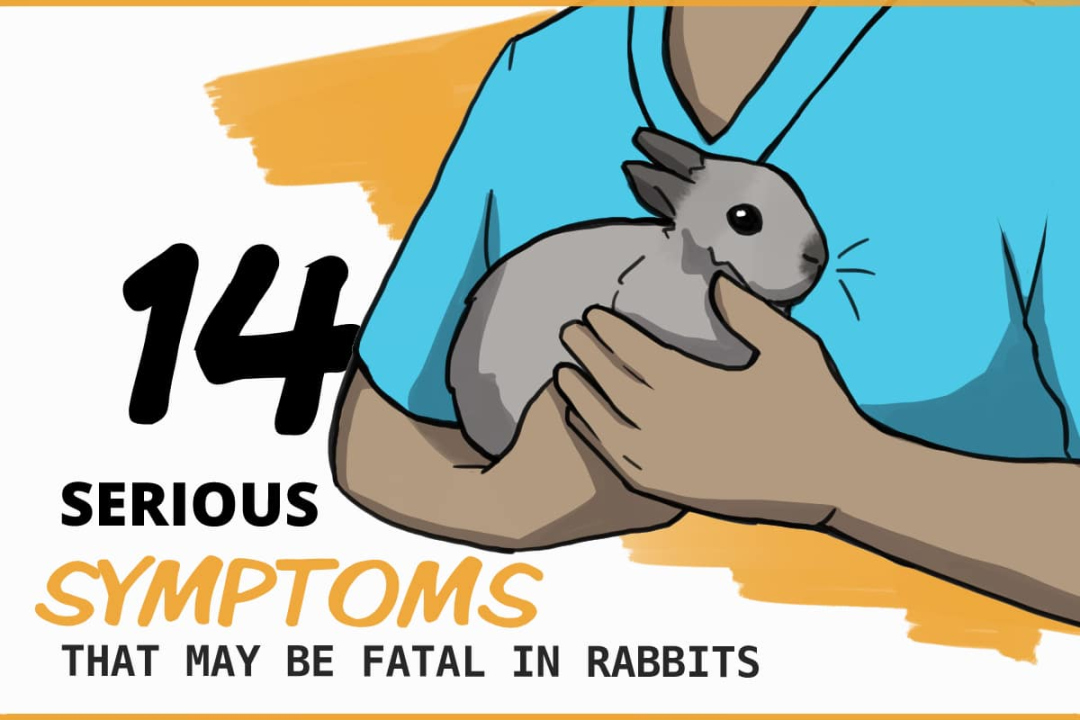Can Rabbits Die From Cold?
When the temperature drops, it’s natural to be concerned about the well-being of outdoor animals, including rabbits. These furry creatures are known for their ability to withstand cold weather, but extreme temperatures can still pose a threat to their health and even lead to death. In this article, we will explore the impact of cold weather on rabbits and provide guidance on how to protect them during the winter months.

Understanding the Risks
Rabbits are adapted to survive in different climates, including colder regions. They have thick fur that provides insulation and helps regulate their body temperature. However, even with their natural defenses, rabbits can still suffer from hypothermia and other cold-related issues if exposed to harsh conditions for an extended period of time.
Factors that Increase Risk
While rabbits are generally able to handle colder temperatures, certain factors can increase their vulnerability to the cold. These include:
- Young or elderly rabbits: Just like with humans, younger and older rabbits have a harder time coping with extreme weather conditions.
- Health issues: Rabbits with underlying health problems or weakened immune systems are more susceptible to the negative effects of cold weather.
- Damp or wet environment: Moisture can penetrate a rabbit’s fur, making it less effective at insulation and increasing the risk of hypothermia.
- Lack of shelter: Rabbits without proper shelter, such as a hutch or a protected area, are more exposed to the elements and are at greater risk.
Signs of Cold Stress
It’s important to be able to recognize when a rabbit is experiencing cold stress. Some common signs include:
- Shivering
- Lethargy
- Hunched posture
- Cold ears and paws
- Reduced appetite
- Difficulty breathing
If you notice any of these symptoms, it’s crucial to take immediate action to warm up the rabbit and prevent further complications.
Protecting Your Rabbit from the Cold
To ensure the well-being of your rabbit during cold weather, follow these guidelines:
- Provide appropriate housing: Make sure your rabbit has a warm and dry hutch or shelter with plenty of bedding. Avoid placing the hutch directly on the ground, as it can increase exposure to cold and dampness.
- Insulate the hutch: Consider insulating the hutch with blankets or straw to provide extra warmth.
- Limit outdoor time: Minimize your rabbit’s exposure to cold temperatures, especially during extreme weather conditions. If it’s too cold outside, keep them indoors or provide a warm, indoor space for them to retreat to.
- Keep the water from freezing: Ensure your rabbit has access to fresh, unfrozen water at all times. Use a water bottle or invest in a heated water bowl to prevent freezing.
- Adjust their diet: Increase the amount of hay and pellets in your rabbit’s diet during winter. The digestion process generates heat and helps keep them warm.
- Monitor their health: Regularly check your rabbit for any signs of cold stress or other health issues. Seek veterinary care if necessary.
While rabbits are generally hardy animals, it is important to take precautions during cold weather to ensure their safety and well-being. – Dr. Emily Johnson, Veterinarian
Frequently Asked Questions (FAQs)
1. Can rabbits live outside during winter?
Yes, rabbits can live outside during winter if provided with adequate shelter, insulation, and protection from the elements. However, it’s important to monitor their well-being closely and take precautions to prevent cold stress.
2. What temperature is too cold for rabbits?
Rabbits are comfortable in temperatures between 60-70°F (15-21°C). However, they can handle colder temperatures as long as they have appropriate shelter and insulation. It’s best to avoid exposing rabbits to temperatures below freezing.
3. How do I warm up a cold rabbit?
If you suspect your rabbit is cold, you can warm them up by placing them in a warm, dry environment. Provide blankets or towels for them to burrow into and use a heating pad or hot water bottle wrapped in a towel to gently warm their body. Avoid using direct heat sources or exposing them to extreme temperatures.
4. Can I use a heat lamp to keep my rabbit warm?
While heat lamps can be used to provide additional warmth, they should be used with caution. Make sure the lamp is securely installed to prevent any accidents or fires. It’s essential to monitor the temperature closely and ensure that the rabbit has the option to move away from the heat source if needed.
Remember, it’s better to be safe than sorry when it comes to your rabbit’s well-being during cold weather. Take the necessary precautions and provide them with the care they need to stay warm and healthy.
Related Articles…
Copyright Notice:
This website utilizes images found online, all copyrights are retained by their original owners. If you would like an image removed, kindly contact us.